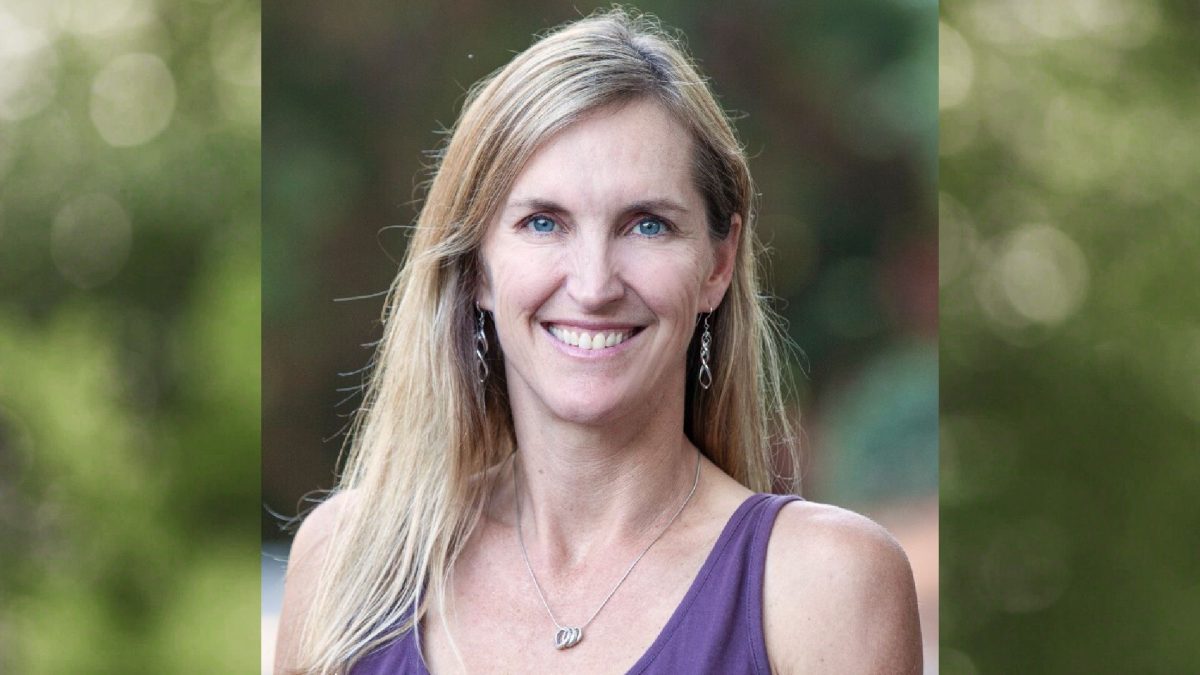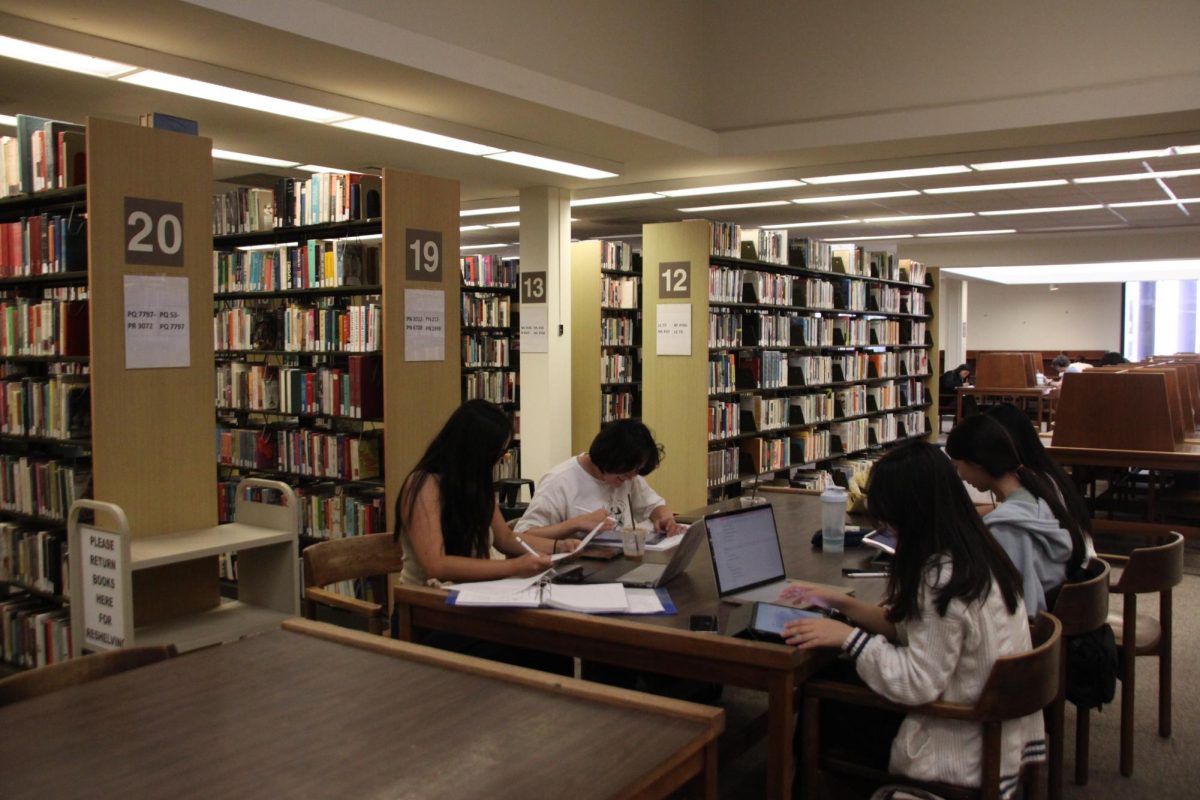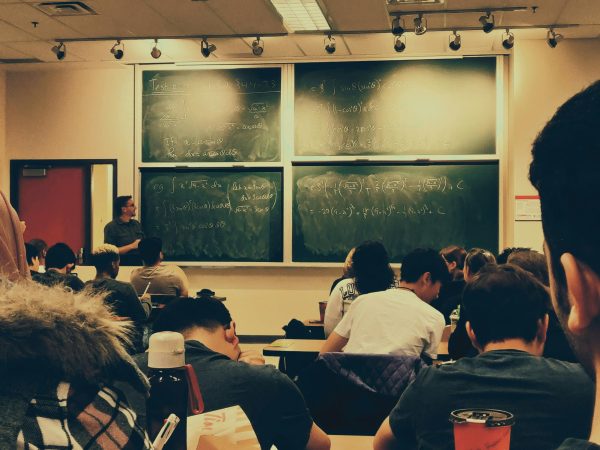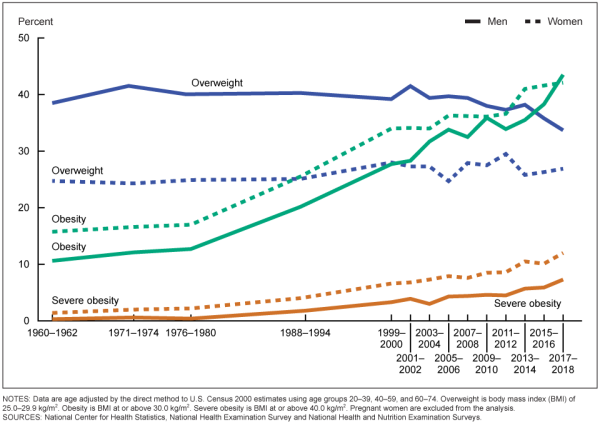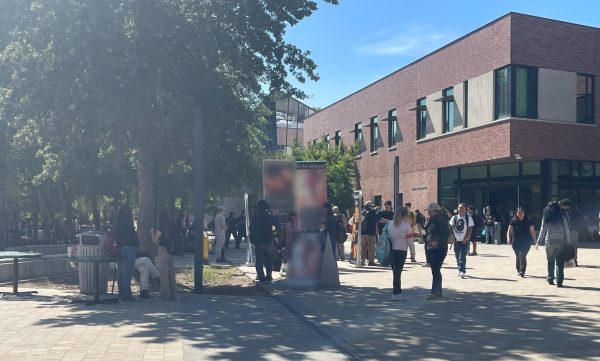Letter to the editor: Community colleges need medical leave
April 25, 2017
Community colleges are considered a helping hand to millions of students, which guide them and push them to advancing their education and expanding their career and educational opportunities. Known for being the most cost effective route to go, community colleges don’t discriminate based off income, financial status, or personal barriers from continuing an education.
However, it is shocking that some community colleges such as Diablo Valley College, has not yet established a dependable, structured medical leave program for students that have medical barriers in the way of continuing their education. Corporations, businesses and companies grant paid medical leave for their employees to stay home and recover from short term illnesses and injuries, but community colleges don’t. How unfair?
Students are missing school due to sudden medical conditions, including mental illness such as anxiety and depression. This very common phenomenon is causing students to miss more and more classes during the semester. Students’ grades are being jeopardized greatly because they have missing assignments or dropping sections. The solution to this touchy topic is not actually a difficult one.
DVC needs to establish an effective medical leave policy, in which this “paid” time off, allows students to continue to participate in class and guarantee their spot for the whole semester.
Yes, DVC’s disability services accommodate students with disabilities, there’s no doubt about that, but the majority of these disabilities are lifetime disorders or born illnesses. What happens to students with sudden flues, injuries, infections, procedures and diagnoses that students to perform at their full ability for a specific duration of time?
According to university websites, colleges such as American University in Washington DC, University of Chicago and Duke University all have obtainable medical leaves. The American College Health Association Assessment survey found that 30 percent of undergraduates reported experiencing serious depression during their college careers. This is no minor problem, neither should it be overlooked.
With technology being so accessible and easy to operate, the solution is at our fingertips. Professors and students would communicate through a medical leave portal that uploads all the missing work, notes and class discussions during class time. One student would be assigned to record the class discussion via video, or recording and post a file on the portal. This will guarantee the student stays updated with the class schedule and is on the right track. With a well designed portal, professors will be able to view when the student accesses their file and give them credit, as a form of participation. Now it would be possible for sick students to still complete their education in the comfort of their own home with the help they need.
Indeed the rate of absences are high for any given reason, but in order to be apart of this program, students and their medical institutions must certainly provide credible documentation, and information based off severity of condition. It all comes down to proper communication. DVC must improve communication between the schools and the sick.
Sometimes illnesses and diseases come upon lives unexpectedly. It’s the community’s friendly obligation to make sure students who cannot physically make it to class, not lose the opportunities and chances of completing their course credits. Are they less deserving than the students who happen remain completely healthy? Is it right to drop them because they can’t drop out of depression? Think about it.
-Lailee Mohsini






















